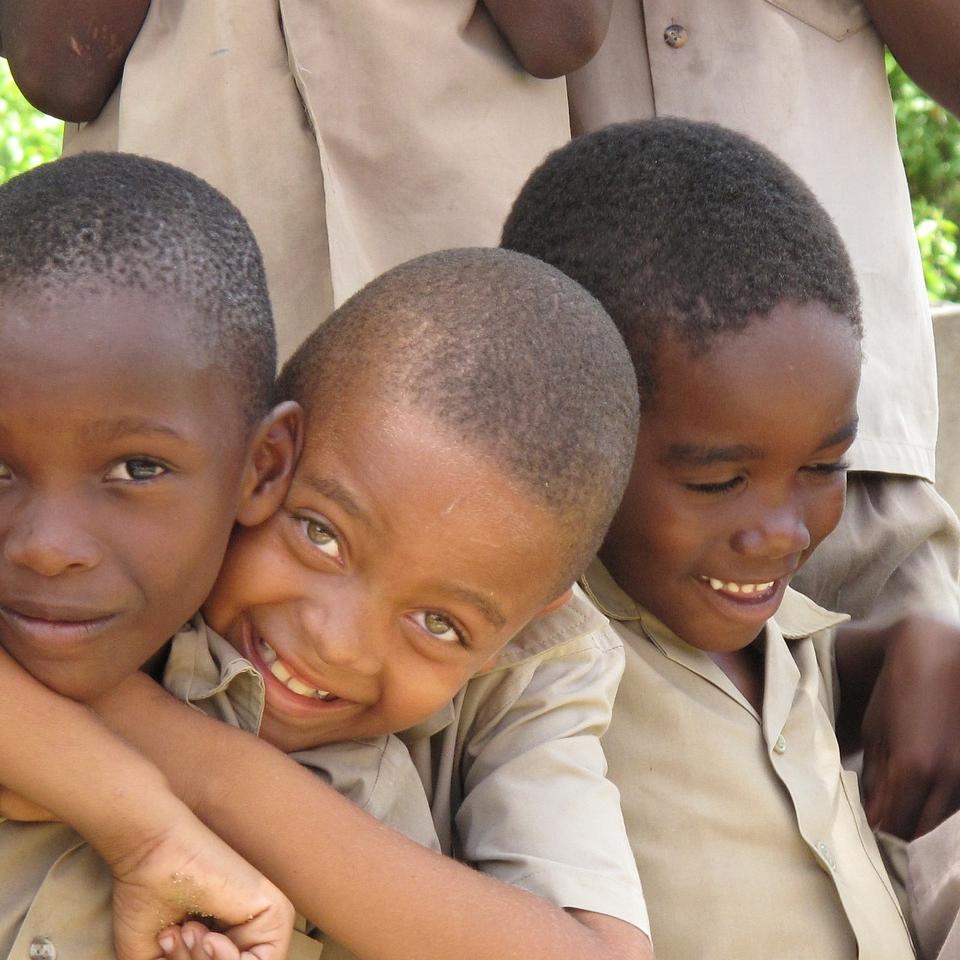
Improving outcomes for children in low and middle-income countries
Two educational programmes developed at Bangor University have helped to reduce violence against and improve outcomes for children in low and middle-income countries.
When young children receive high-quality care in a supportive environment, they are more likely to thrive physically, mentally, educationally and, in the long term, economically.
Yet millions of children in low and middle-income countries (LMIC) have poor learning opportunities and suffer harsh punishment from caregivers. For example, violence against children is widespread in Jamaica. Over two days of classroom observation, 86% of preschool teachers and 100% of grade one primary school teachers were seen to use violence at least once.
Lack of education and physical harm are important risk factors for poor child development.
Developing new programmes
Professor Baker-Henningham of Bangor University built on her previous experience training early childhood teachers to create two new programmes designed to improve the outcomes for young children in LMIC:
- Irie Classroom Toolbox - a violence-prevention programme
- Reach Up and Learn - a group programme for parents of children aged 0-3
The Irie Classroom Toolbox aims to reduce violence against children by training teachers to use appropriate behaviour management strategies. Professor Baker-Henningham worked with the University of the West Indies to trial the programme in Jamaican preschools and primary schools.
Reach Up and Learn aims to help parents create a positive environment where their children can play and learn. It’s been run in Brazil, Zimbabwe, Colombia and Bangladesh. More than 420 government health workers in Columbia and Bangladesh have been trained to deliver it, and more than 4,000 mothers and children took part during trials.
Professor Baker-Henningham has also worked with the International Rescue Committee, a non-governmental organisation that responds to the world’s worst humanitarian crises, to adapt Reach Up and Learn for use with refugee families across the Middle East.
Improving outcomes for children
Both programmes have brought clear benefits to children.
The IRIE Classroom Toolbox reached more than 6,000 children across Jamaica. Where the programme was delivered:
- violence against children dropped by 65%
- children’s behaviour improved
- teacher wellbeing improved
- children developed better learning skills
- school achievement went up.
The programme has now been adopted by the Jamaican government’s Early Childhood Commission as the national training programme to train all early childhood practitioners. It is also included as an example of an effective teacher-training programme in positive discipline by the World Health Organisation.
The Reach Up and Learn parenting programme has also resulted in significant benefits to children’s development, including:
- improved child cognitive, language, motor and behaviour management skills
- improved stimulation for children at home
- a decrease in maternal depression.
In Colombia, 99% of the mothers who took part said they continued to use the programme at home, and the mayor of Bogota, Colombia’s capital, has adopted the programme for use with vulnerable families across the city.
In Bangladesh, the programme has been adopted for use in the country’s network of 13,000 rural community clinics while, in Ecuador, it has been integrated into national government services for young children and families.
Research team
Professor Helen Baker-Henningham – Bangor University
Research partners
University of the West Indies, Jamaica
International Centre for Diarrhoeal Disease Research, Bangladesh
